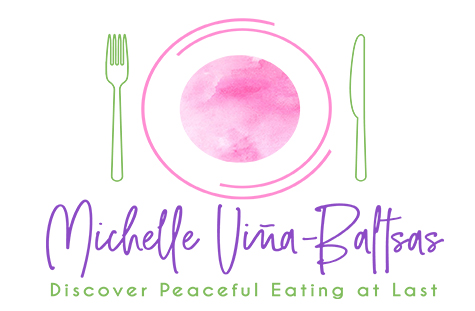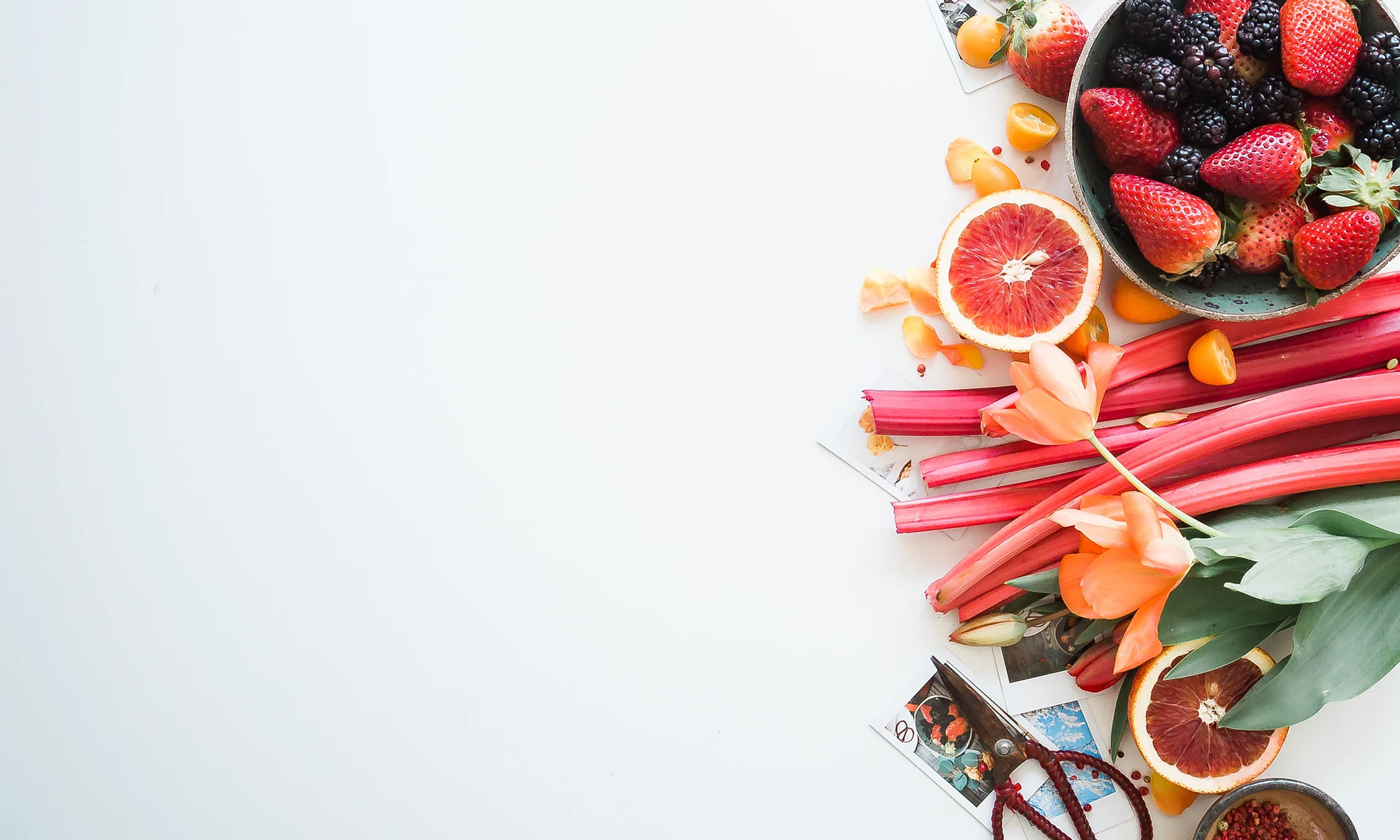I believe that nourishing and caring for our bodies, in whatever way we deem appropriate for ourselves, is an act of self-love. However, more often than not, when I hear people speaking of self-love as it relates to their relationships with food and body, it’s often in a restrictive, rigid, guilt-ridden, and judgmental manner.
For example, phrases like, "I love myself too much to eat _____ because it’s X (processed, fried, etc.) or has too many X (calories, sugars, etc.). While some may not eat _____ because it doesn’t make them feel well, most of the time it’s because they fear it will make them gain weight and/or get fat(ter). Or, because they believe they’re “addicted” to the food and won’t be able to stop eating it. And some won’t eat ________ because eating _______ isn’t “healthy”.
Others will say things like, "I don't emotionally eat anymore because I love myself too much for that.". And, when people do eat for emotional reasons (which the majority of us do from time-to-time) they usually feel ashamed and judge themselves harshly because they believe if they loved themselves enough, they wouldn’t need to use food as a “crutch” to cope with life’s ups and downs.
Before I discovered intuitive eating, I used to believe that relating to food this way was an act of self-love too. Now I see that I was just following a Self-Love Diet.
I feel it’s appropriate to call it a Self-Love Diet because a diet is when we are purposely trying to lose or control our weight by eating and/or exercising in a certain manner. This is done by physically restricting food or calories and/or by using exercise to compensate for additional calories eaten. When the rigid rules of diets become impossible to follow (which is inevitable), we’re left to feel guilty and shameful about our perceived dieting failures and about our food choices, lack of exercise, and “emotional” and/or binge eating, etc. Of course, research indicates that it’s the restrictive eating behaviors that are causing the majority of these eating difficulties in the first place, but most don’t realize this fact.
It’s not surprising that many people are on a Self-Love Diet because on the surface, it seems like a nice idea, right? After all, love is one of the strongest human emotions. So, if we could harness it for the purposes of having the body that we’ve always wanted, we should be able to love ourselves thin, maintain our weight throughout all the phases of our lives, and/or finally get our eating “under control”. In theory, it sounds like it would make sense, but the reality is that diets aren't successful long-term which is why over 85% of people who diet gain the weight back, plus more, within 3-5 years.
The truth is, in this case, self-love is being conflated with control. Self-love is supposed to make us feel good and uplift us. A Self-Love Diet is having the opposite effect because it’s nearly impossible to follow long-term, causes self-judgment, guilt, and shame. None of these emotions make us feel good about ourselves so how could that be self-love?
I don’t think self-love is a lost cause for caring for ourselves, but I would like to redefine self-love from a weight-neutral, anti-diet perspective.
Self-love is learning to listen to your body and honor it as often as possible.
Self-love is letting go of harmful beliefs that eating needs to look a certain way or it's wrong or harmful.
Self-love is trusting that your body will work its weight out on its own without trying to manipulate or control it.
Self-love is sometimes eating even when you're not hungry.
Self-love is moving your body in a way that brings you joy and isn't used to punish.
Self-love is knowing that we don't need anyone to define the parameters around what to eat, when to eat, and how much to eat. ⠀⠀
Self-love is eating satisfying foods whenever you're able.
Self-love is sometimes eating for emotional eating reasons without feeling shameful.
Self-love is caring for your body in a way that is sustainable and defined on your own terms.
Self-love is acknowledging that you have individual and unique needs and you can decide how to best satisfy them.
Now that's the kind of self-love that will make us feel good about ourselves and take better care of ourselves. And, this redefined form of self-love is more sustainable and will likely result in a peaceful and flexible relationship with food.
If after you’ve read this message you realize that you are following a Self-Love Diet and want to change that, you can! Remember, it’s never too late to look at things from a fresh, new perspective. Now that you have this awareness, you can start moving toward a peaceful relationship with food by practicing intuitive eating!
I’d love to hear from you! Have you ever followed a Self-Love Diet?
If you're tired of battling with your weight, fed up with the cycle of yo-yo dieting, and yearning to be free from your obsessive thinking about food and your body, schedule your complimentary Embrace Anti-Diet Living Connection Session.
We’ll get clear on where you are now, what you want instead, and what might be getting in the way of your success.
I’ll also share some powerful recommendations and resources to get you started on creating a peaceful relationship with your body and food.







